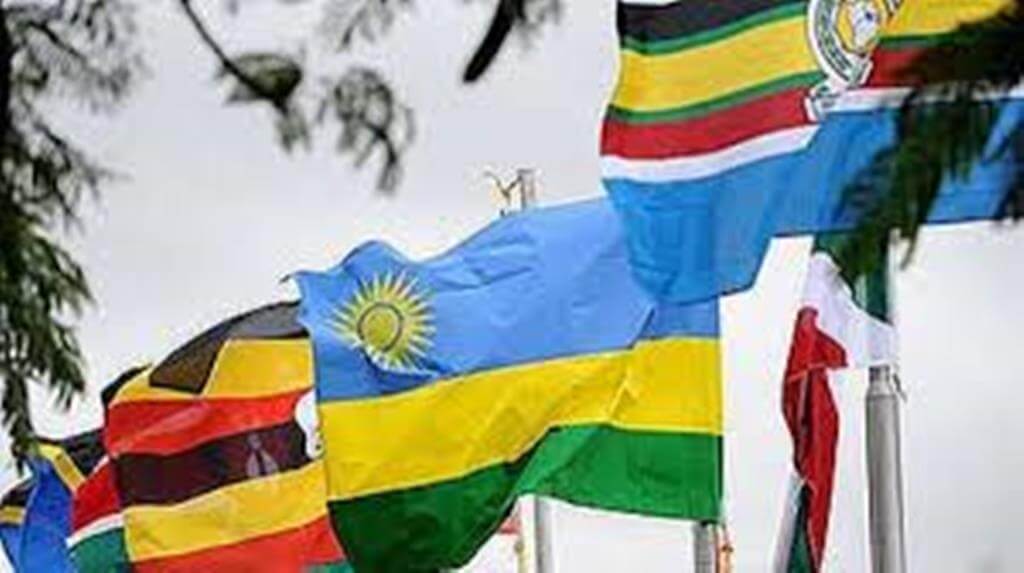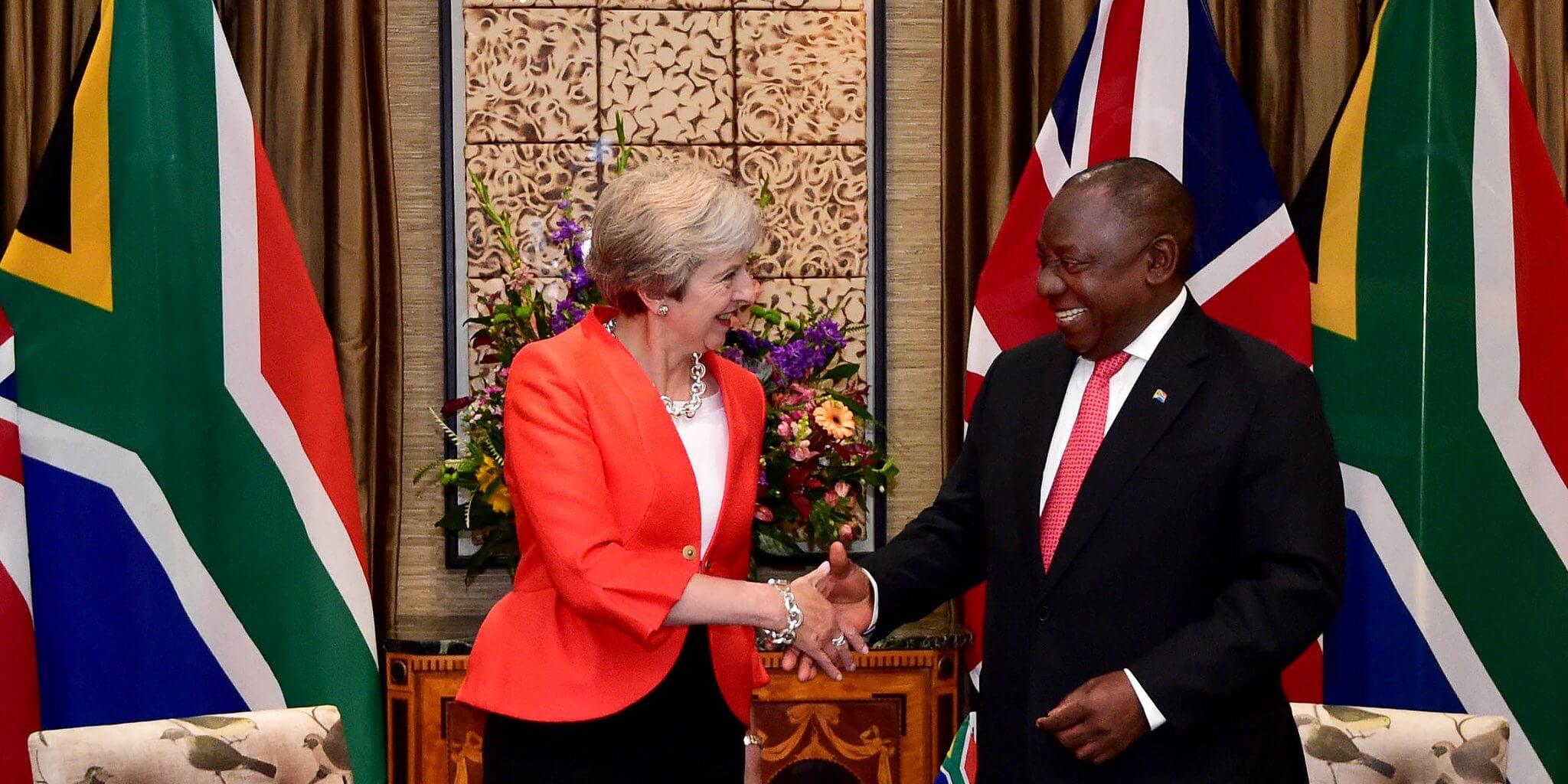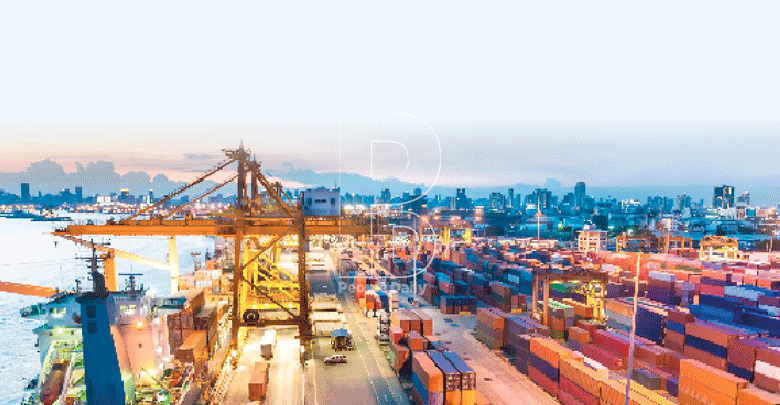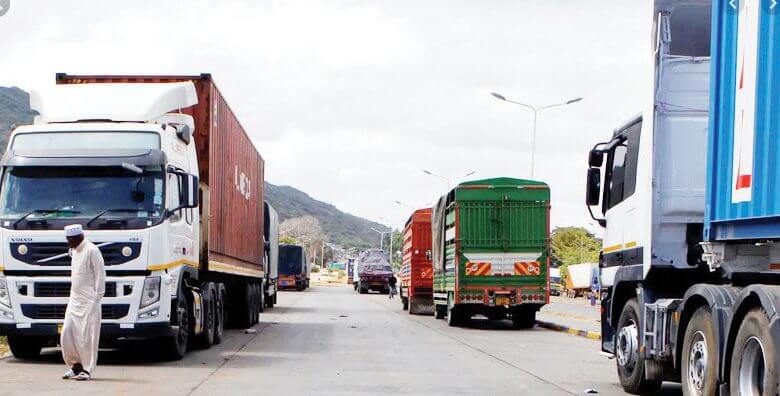The East African Community (EAC) will this financial year prioritise harmonisation of air charges and taxes in a bid to reduce the cost of intra-EAC air travel, according to Mr Adan Mohamed, the Council of Ministers chairperson. While reading the EAC 2021/22 budget, Mr Mohamed, who is also Kenya's Minister for EAC, said the civil aviation and airports sub-sector, although there has been some delays, will focus on implementation of the EAC Upper Airspace Seamless Operations earmarked under the 2017-22 project. During this financial year, he said, the region will implement strategies that seek to reduce the cost of intra-EAC air tickets and air operations. This, Mr Mohamed noted, will be achieved through harmonisation of air travel-related charges and tax regimes, which feed into the price of air travel. EAC has one of the most expensive flight routes, with Entebbe-Nairobi taking the lead. However, despite the high cost, air travel within East Africa has been growing, rising by 3.4 per cent in the past decade against a global rate of 5.5 per cent. It is estimated that 43 per cent of air ticket prices in EAC comprise of regulatory charges and taxes, with regulatory fees accounting for up to 24 per cent. According to a research commissioned by the East African Business Council about air liberalisation, it was found that harmonisation could lead to a reduction in air fares by 9 per cent. The reduction, the report noted, would lead to a 41 per cent increase in frequencies, which in...
East Africa: EAC in Bid to Reduce Cost of Air Travel
Posted on: July 5, 2021
Posted on: July 5, 2021
























